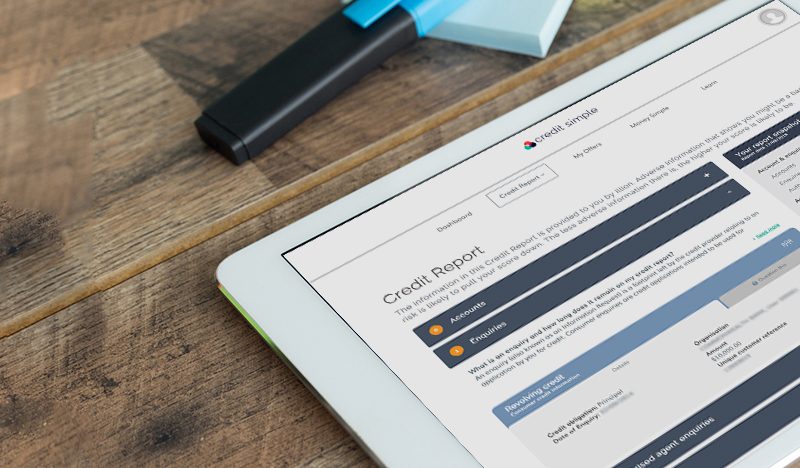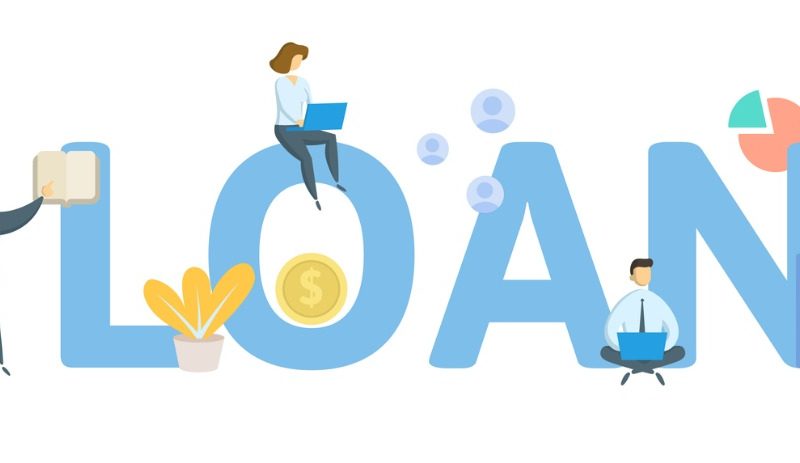What is a default on credit? (And how can I remove it?!)
Have you spotted a default on your credit rating? If so, your credit score could have taken a big hit.
Let’s take a look at what credit defaults are, how long they stay on your report and the measures you can take to clear defaults from your credit history.
You can only get a default actively removed from your history when a mistake has been made.
Understanding defaults on your credit rating
A default on credit is when you fail to pay an expected debt, such as utility charges, mobile phone bills, credit card repayments or loans.
But missed or late payments don’t always turn into a default. You have to be at least 60 days overdue on a payment worth $150 or more, and the credit provider needs to notify you in writing that you owe money.
If your arrears remain unpaid, the provider is likely to get in touch with a credit rating agency to report a default, which will show up on your credit file.
How long is a default on your credit rating?
A credit score default will stay on your report for five years and can have a significant effect on your ability to access mortgages, credit cards, loans and other forms of borrowing.
Even if lenders look past your credit score, you won’t get the best deals and are likely to face increased interest rates. Bad times.
What’s worse, defaults stay on your report for five years even if you pay off the original debt. That doesn’t mean you should skip paying it though, as you’ll never begin the journey back to a good credit score with unpaid debts weighing you down.


You may receive the thumbs down from lenders if you have a credit default in your history.
Can I remove a default from my credit report?
You can only get a default actively removed from your history when a mistake has been made. These can be quite common, so it’s important to check your credit score regularly to ensure no black marks have crept into your file.
If you believe an error has occurred, your first port of call will usually be the credit provider. They may take some time to rectify the problem, but be patient. You can also contact a credit reporting agency directly, such as illion (Credit Simple’s parent company), with evidence that a default is false.
Sadly, if the default is legitimate, you’ll just have to suck it up until the five years has passed. In the meantime, begin building up some positive credit history for the big day when the default is scrubbed from your record.


A credit default could affect your ability to access loans.
- Post Tags:
- credit score
- defaults
- FAQ
Credit Simple
Credit Simple gives all Australians free access to their credit score, as well as their detailed credit report. See how your credit score compares by age, gender and community and gain valuable insights into what it all means.
All stories by: Credit Simple


